Since ancient times, aromatherapy has been practiced. Its many physiological, emotional, psychological, and cognitive advantages have made it resilient over time. Aromatherapy products can be derived from a variety of sources. Essential oils that are extracted from various plants (mainly stems) and herbs are used most of the time. The term ‘essential’ comes from the fact that it encapsulates the spirit of the plants and herbs from which it is collected. They arise from a category of chemical compounds in plants called terpenes, a plant cell that ingredient contributes to a plant’s smell. Every plant species has an aroma that is distinct from the others due to the unique combination of 100 or more terpenes. A plant’s blooms, roots, leaves, bark, stem, or seeds can all contain these terpenes. An essential oil is extracted, expressed, or distilled from this source.
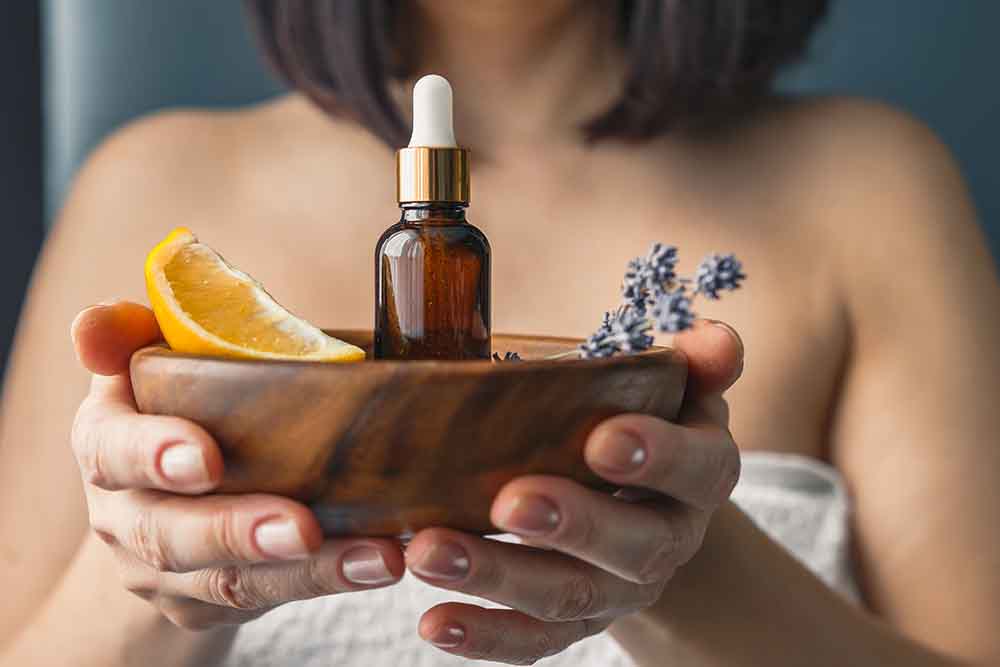
One of the most widely used techniques for separating and extracting essential oils from plants is steam distillation. The labile chemicals in the plant material are vaporised by the steam, after which they undergo condensation and collecting. Essential oils, in contrast to regular cooking oil, vaporise when heated. Because of this, they are simple to inhale during aromatherapy and work well for other therapeutic purposes. Fruit peels are specifically included in the most recent extraction technique, which involves cold pressing.
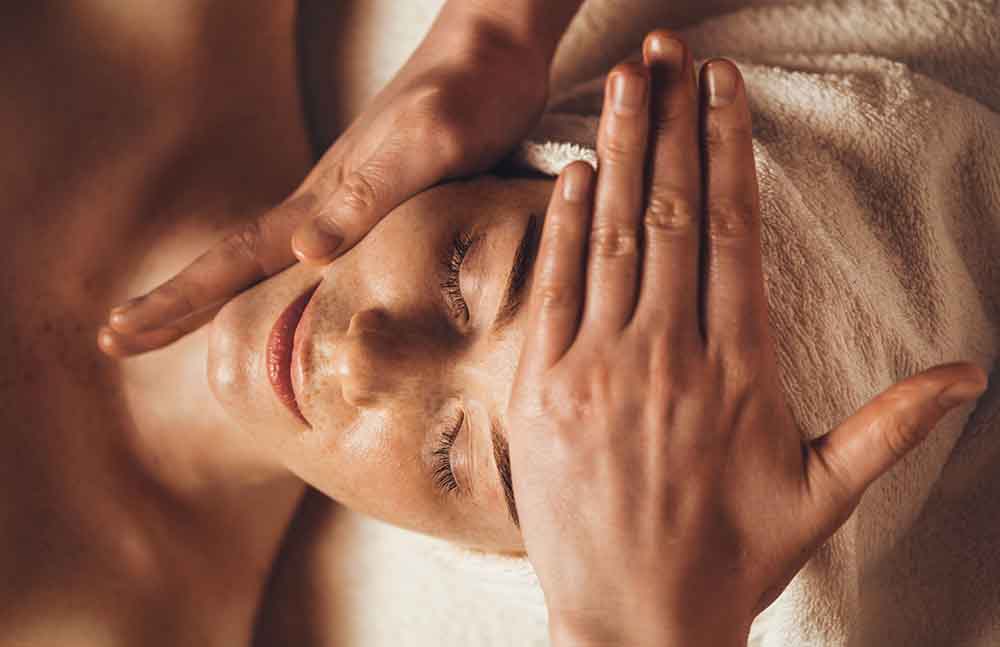
Stress buster: Essential oils are currently utilised mainly because of their capacity to reduce anxiety. Busy schedules and the current workload are thought to be major causes of stress. Aromatherapy truly puts your mind at ease after a long day. You can relax your muscles, and calm your thoughts by inhaling the aromas of essential oils.
Migraine relief: It has been demonstrated that essential oil inhalation can reduce migraines and headaches. For maximum impact, you can rub the oil directly onto your skin or inhale it from the oil burner. Aromatherapy is also proven to increase the body's energy levels. It is well known that a simple smell can significantly boost your energy levels and invigorate your body and mind.
Insomnia relief: If you have trouble falling asleep at night, aromatherapy is the finest option. You can have a good night's sleep with an aromatherapy massage, or you can use an oil burner or scatter essential oil drops on your pillow as an alternative.
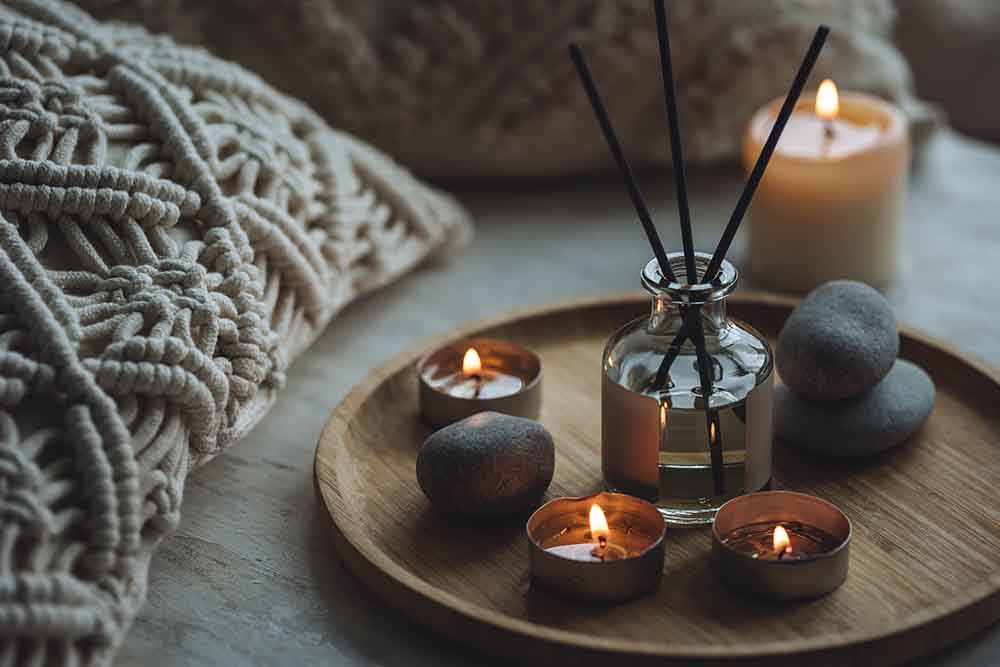
There is little data on the efficacy of aromatherapy, which is the medicinal application of plant-derived essential oils. Nonetheless, some research has indicated that aromatherapy may offer the following health advantages:
Usually, different plant components are used to extract essential oils for aromatherapy, which are subsequently distilled. The extremely concentrated oils can be used topically through massage lotions or bath salts, or they can be inhaled directly or indirectly.
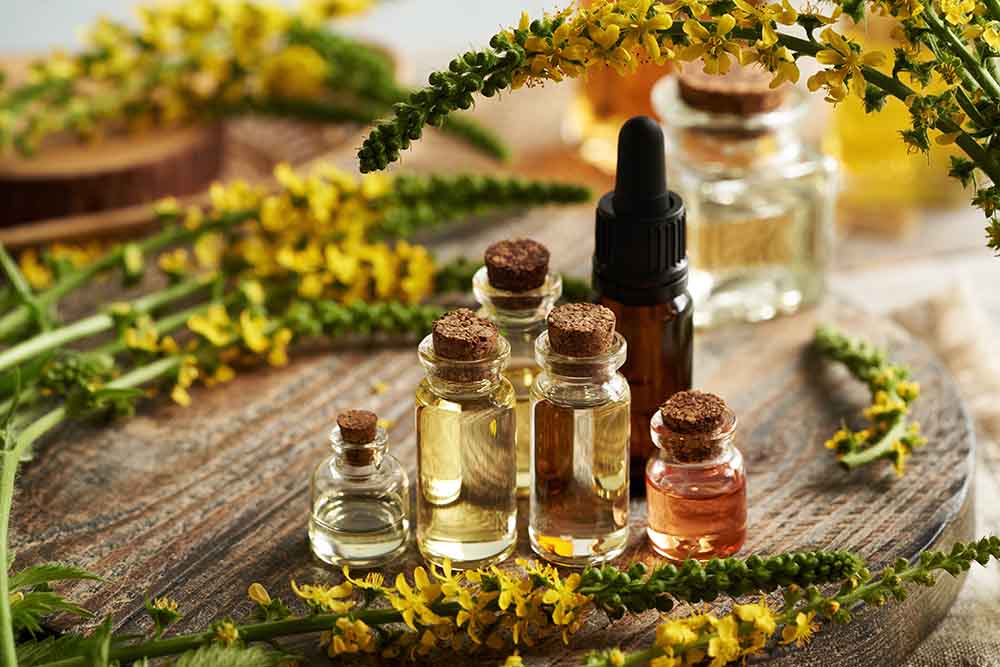
It is believed that aromatherapy works by activating smell receptors in the nose, which subsequently communicate with the limbic system, the area of the brain that regulates emotions, via the nerve system.
It has been demonstrated that many essential oils are safe when used as prescribed. The Food and Drug Administration does not, however, regulate essential oils used in aromatherapy.
Sun sensitivity, skin irritation, and allergic responses are the possible side effects of applying oils to the skin. Furthermore, additional research is required to ascertain the potential effects of essential oils on children, pregnant and lactating women, and how they may interact with pharmaceuticals and other treatments.
If you're thinking of trying aromatherapy, discuss the potential dangers and advantages with a qualified aromatherapist and your healthcare provider.
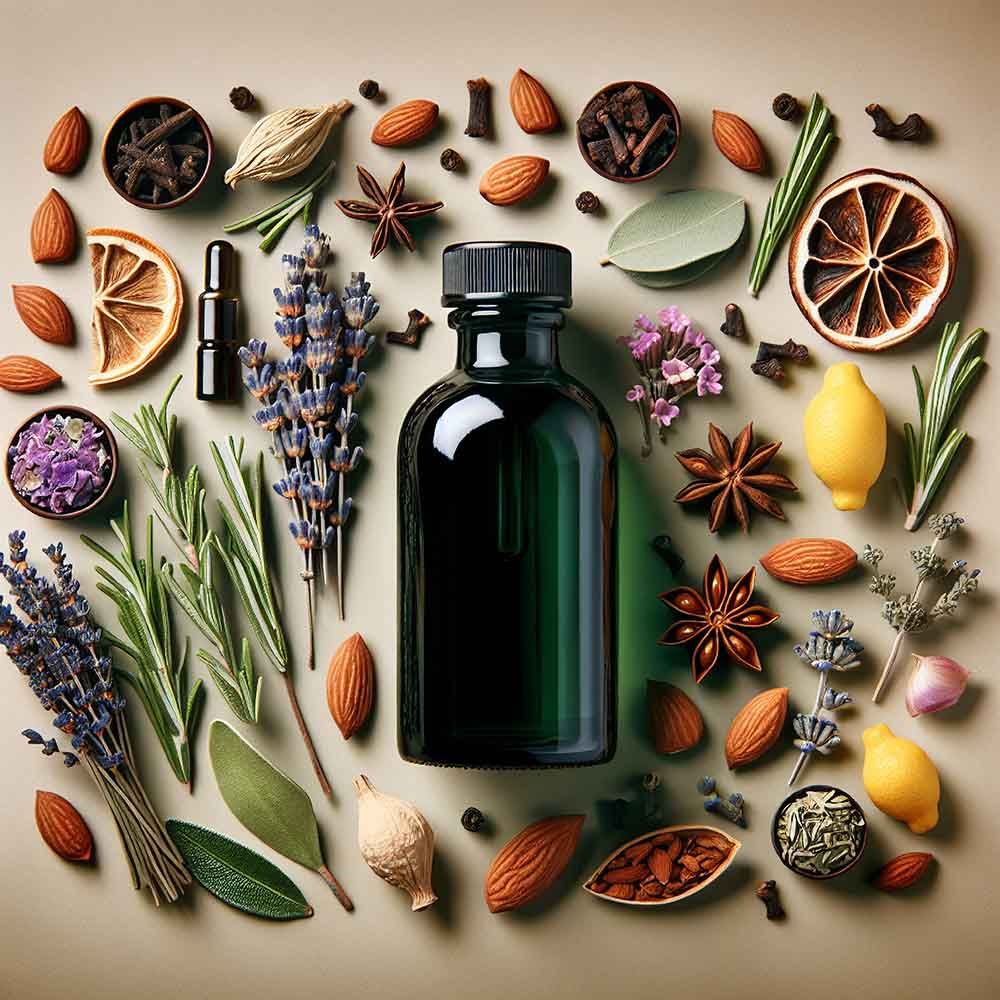
Words Of Caution
A person should cease using essential oils right away and stay away from the aroma if they experience a new allergic reaction after using them.
Additionally, it is not advised to swallow or consume essential oils. Certain essential oils can harm the kidneys or liver when used orally.
They can cause unanticipated changes in the gut and result in problems with other medications.
It's crucial to remember that not all essential oils are equally dangerous.
Finally, before beginning aromatherapy, pregnant patients using any kind of medication should see a licensed physician.
Seeing An Aromatherapist
A comprehensive medical, behavioural, and dietary history should be obtained by an aromatherapist. The goal of aromatherapy is to treat the person using a holistic approach. Therapies will be tailored to the patient's physical and emotional requirements. Based on these requirements, the aromatherapist could suggest a combination of oils or a single oil. A massage therapist may utilise aromatherapy oils, but they are not the same as aromatherapists.